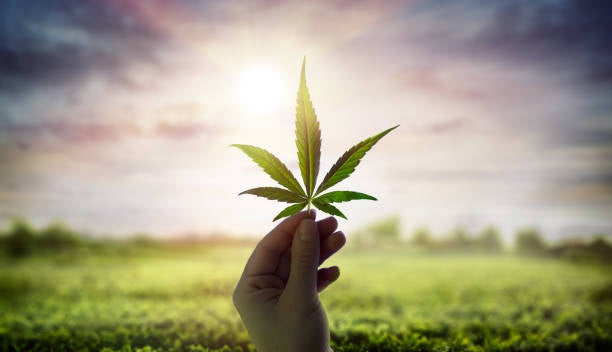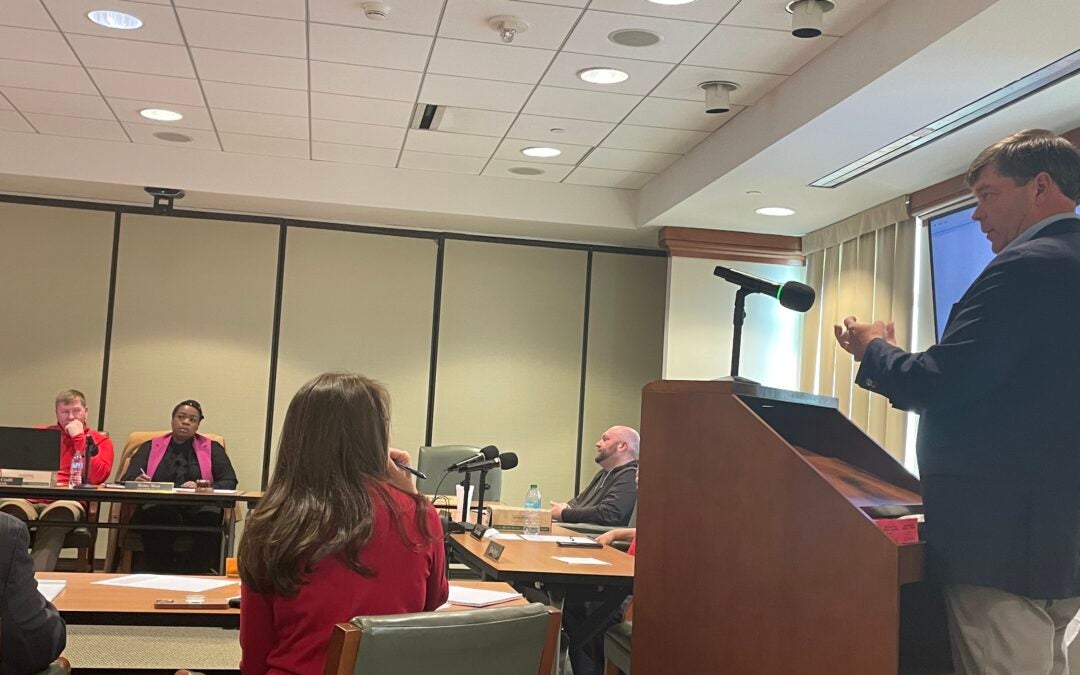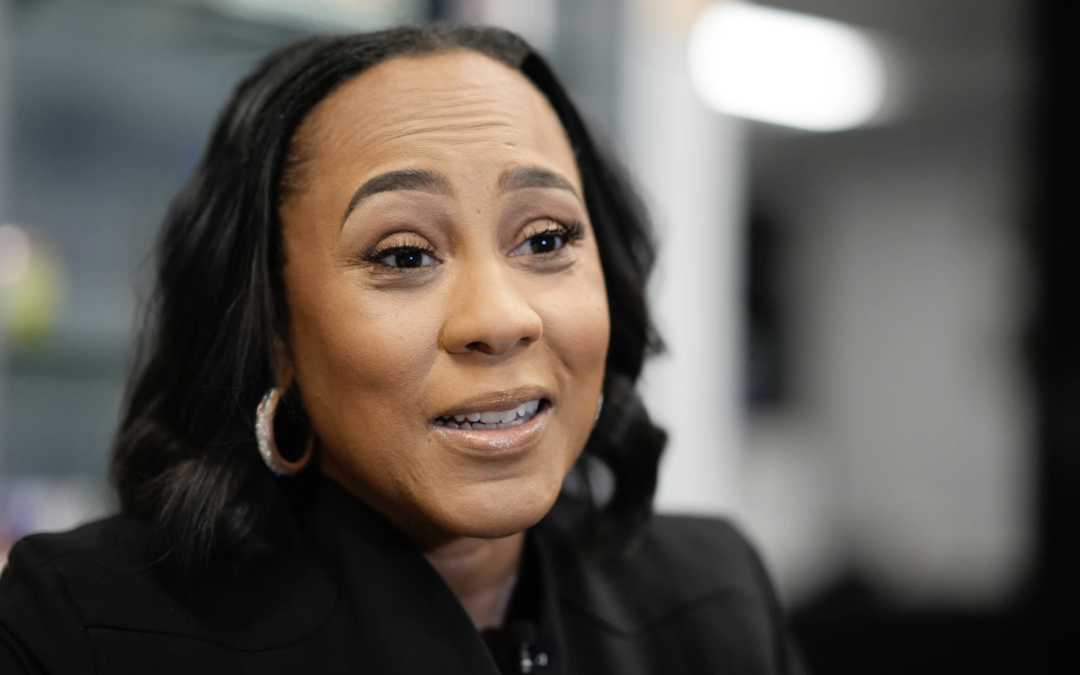Over the last several years, stores selling cannabidiol (CBD) products, have popped up all over the CSRA and now they are selling what is known as the delta 9 variant, vapor oil and gummies infused with tetrahydrocannabinol (THC), the compound that gives marijuana its psychoactive properties.
Eating a gummy with 25 mgs. of THC is comparable to smoking a joint for the average human.
Unlike the synthetic marijuana that had to be banned for being toxic, the manufacturers of the oils and candies say no synthetics are used and that the THC derived is pure and natural, according to their advertisements.
A regular user of the delta 9 variant, who only wants to be called “Ben” says that the THC helps control his arthritis and he is glad that he can now safely buy the drug around neon lights and not in a back alley.
“These days, you don’t know what’s in street pot, I don’t want to risk getting fentanyl poisoning,” Ben said.
However, State Representative Jodi Lott says the ingredients of the THC candy is worrisome since there is no regulating body studying what is actually put in the products being sold over the counter.
“That is the problem, there is no regulatory body looking over their shoulders, so we really don’t know what all is in those gummies,” Lott said.
Lott says that she supports a bill that has passed the General Assembly and is headed to the Senate next year imposing a 21-year age limit on the purchase of hemp related products. She also says she feels the current laws should be expanded to allow for some form of regulation.
However, local Constitutional law attorney Richard Goolsby says that lawmakers in Atlanta may have a tough road ahead as any major changes must conform to current federal law and the US Constitution.
“They have to stay within federal law and avoid being challenged for being ‘Void for Vagueness, or allowing too much wriggle room for the state,” Goolsby said.
The 2018 Agriculture Improvement Act recognized THC as a natural byproduct of hemp and therefore could be sold as long as the donor plant only contained a tetrahydrocannabinol legal limit of 0.3% on a dry weight or volume basis.
However, the law does not cover how much THC can be contained within the products being sold.
In other words, marijuana was simply rebranded and can now be legally sold by its new name, delta 9.
State Representative Barry Fleming says he supports the age limit and believes that the Assembly can use its annual Pharmaceutical Information Update to make regulatory changes without governmental overreach.
“I know that people claim these products help them with medical issues, I understand that; however, everyone needs to know exactly what is being consumed,” Fleming said.
Even though it may be legal to consume CBD products with delta 9, drug tests only measure for the presence of THC, therefore, anyone using those products will fail a drug test.
According to a report published by Grand View Research, the CBD global market was valued at $6.4 billion in 2022 and is expected to grow by 16% in the next decade.
Scott Hudson is the Senior Investigative Reporter and Editorial Page Editor for The Augusta Press. Reach him at scott@theaugustapress.com











